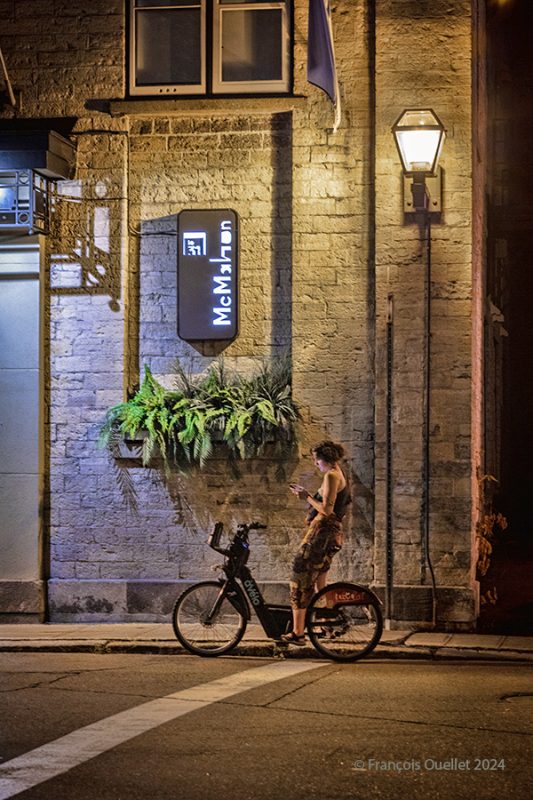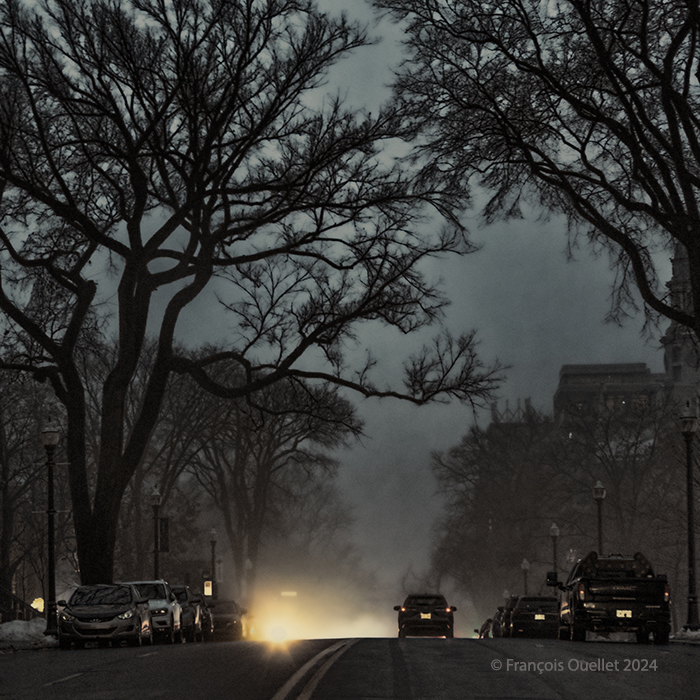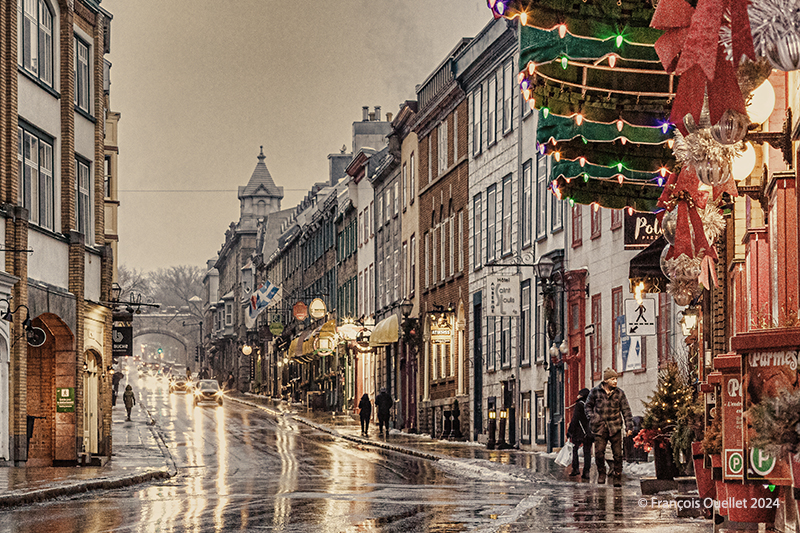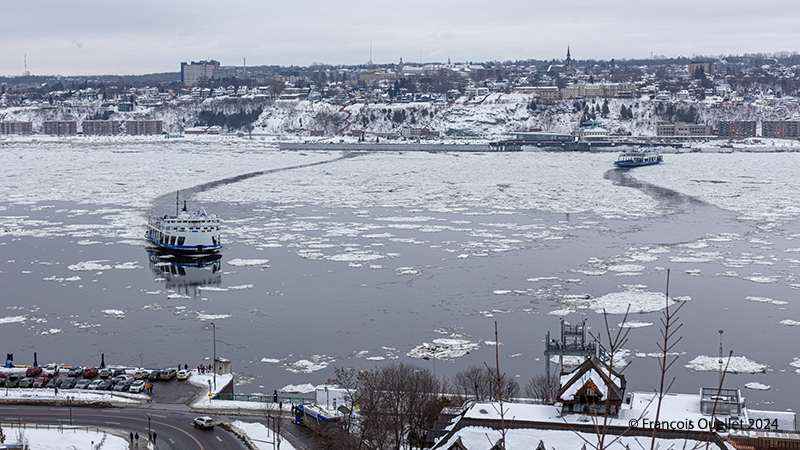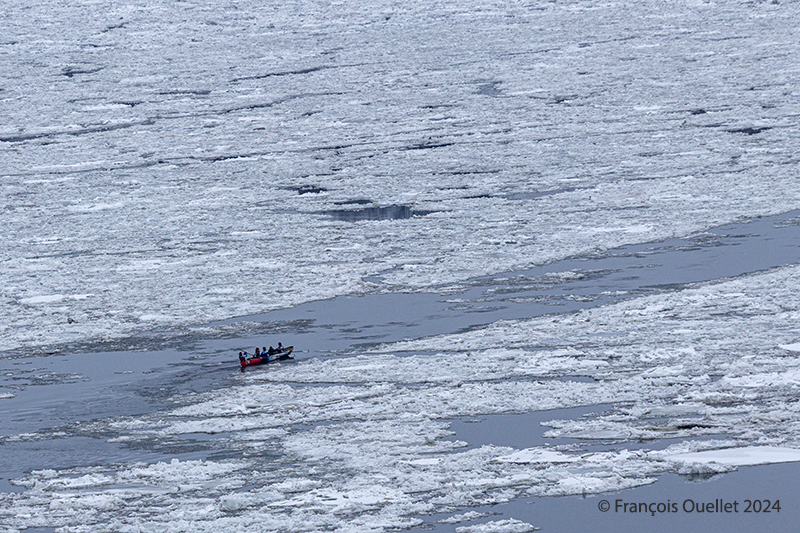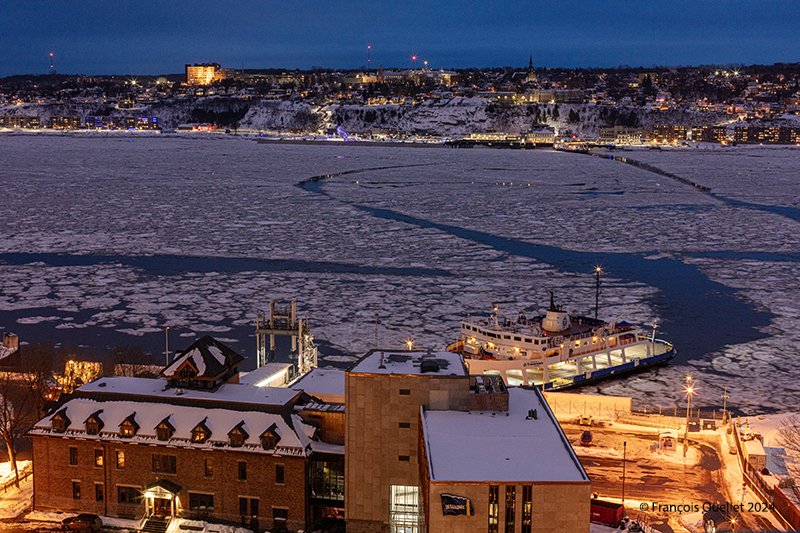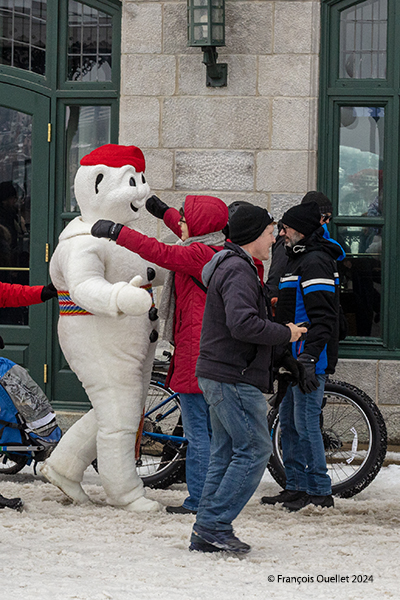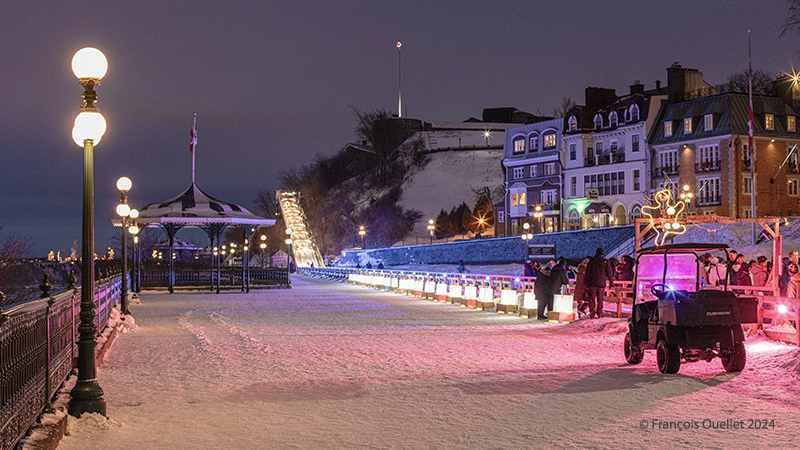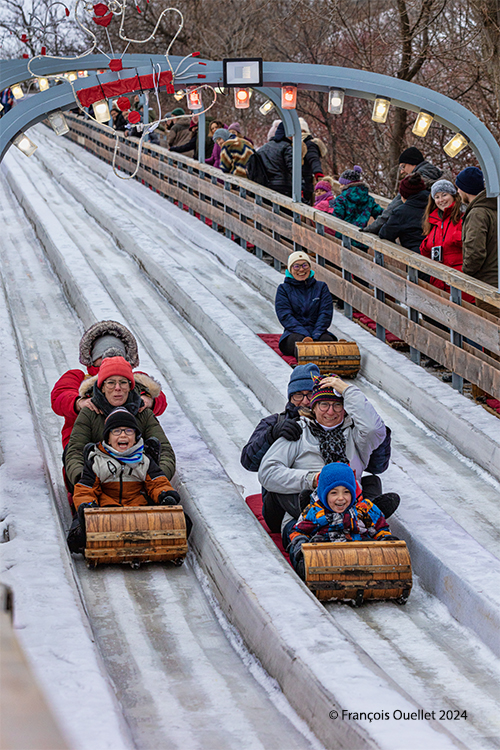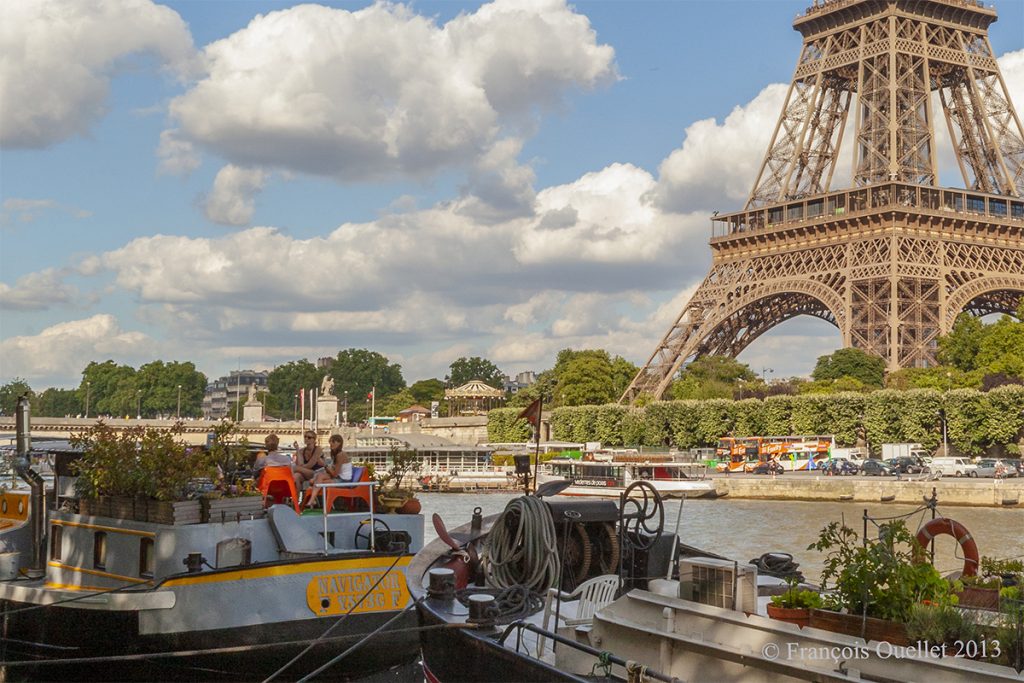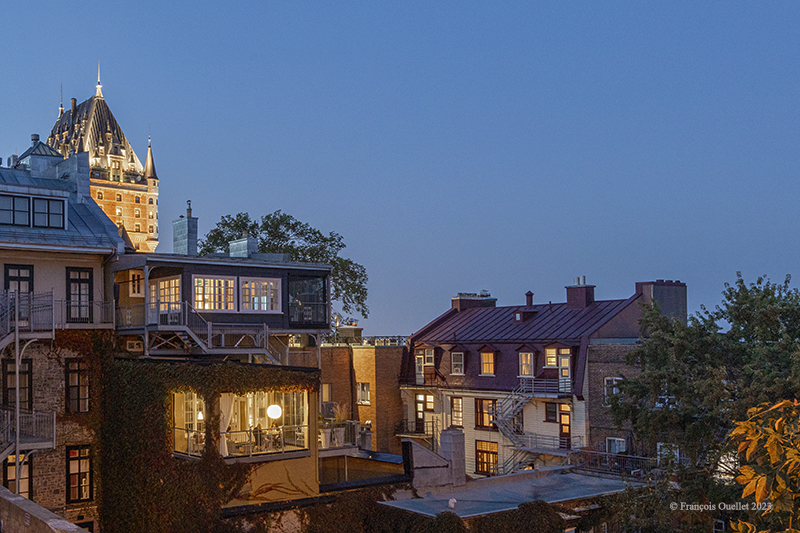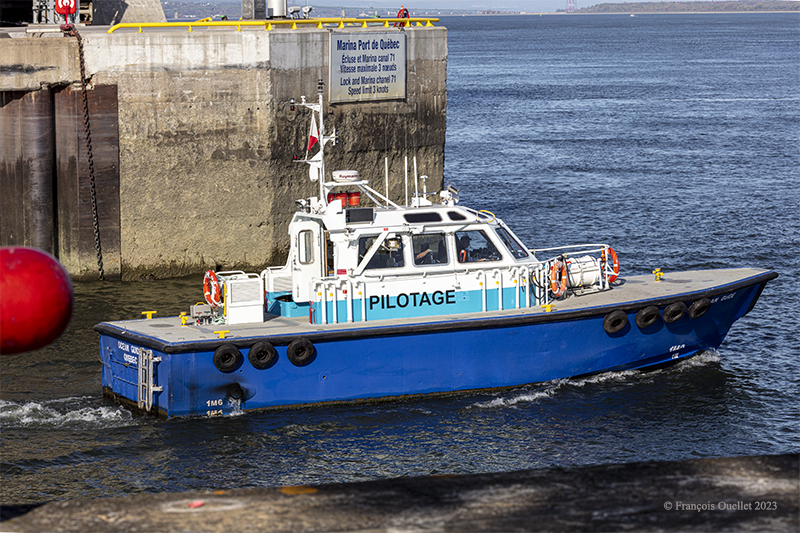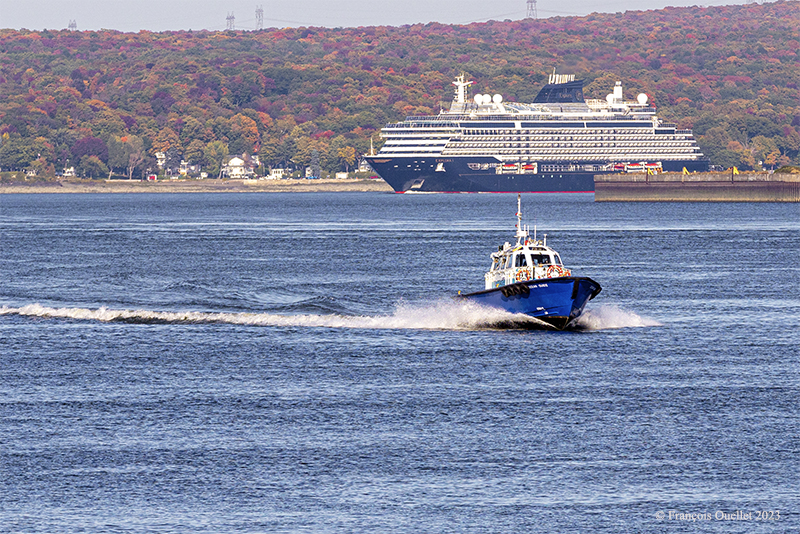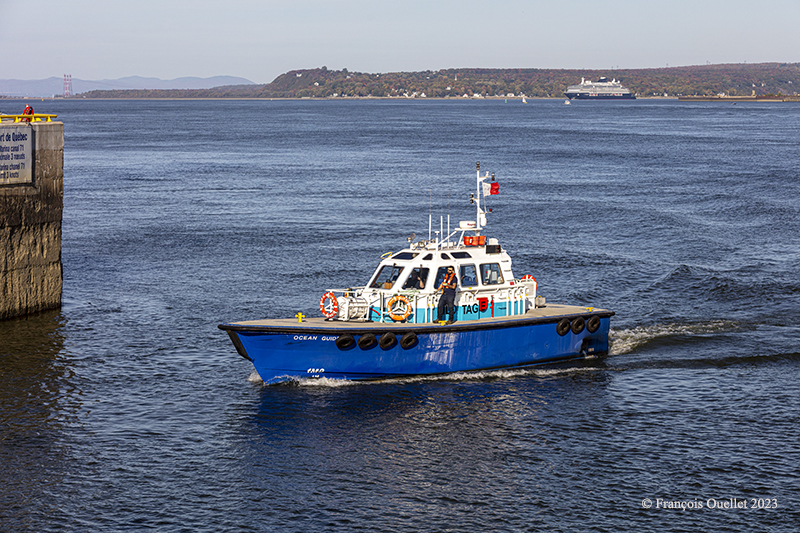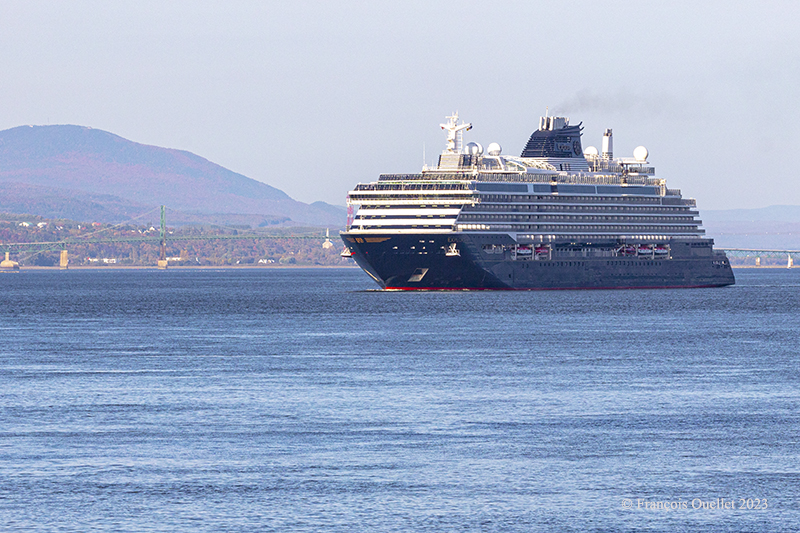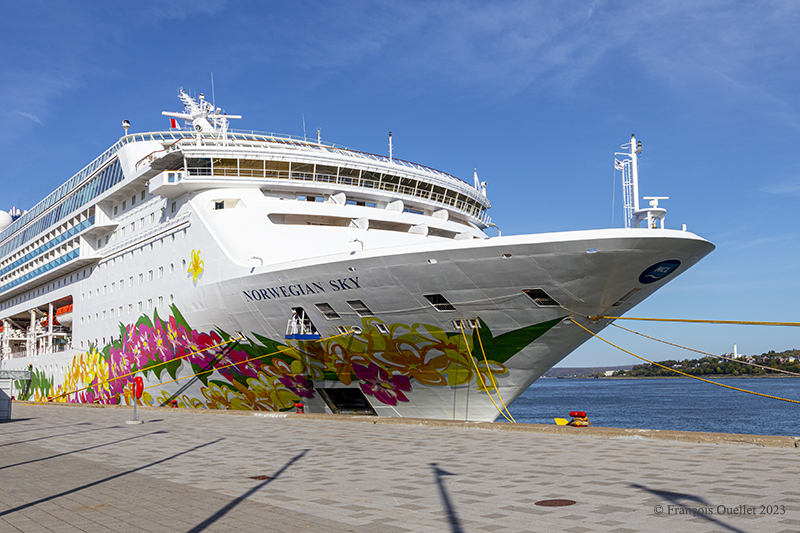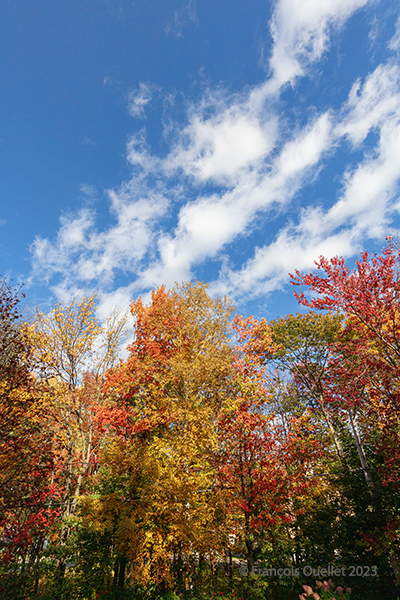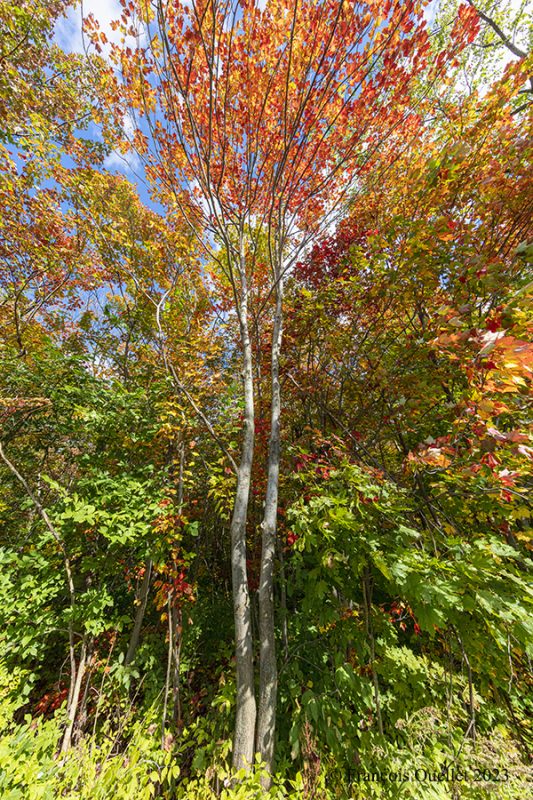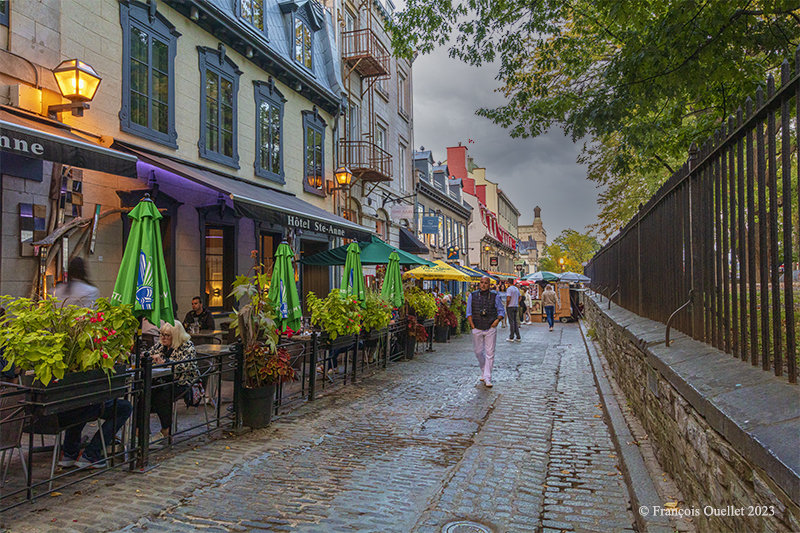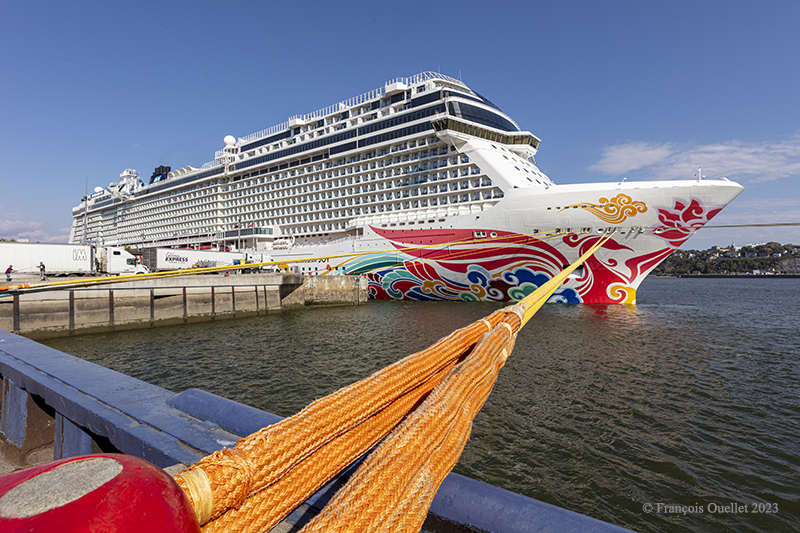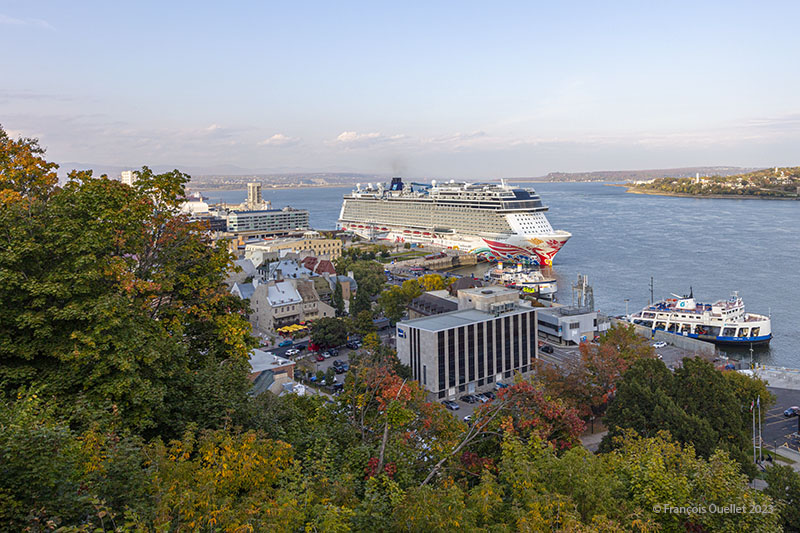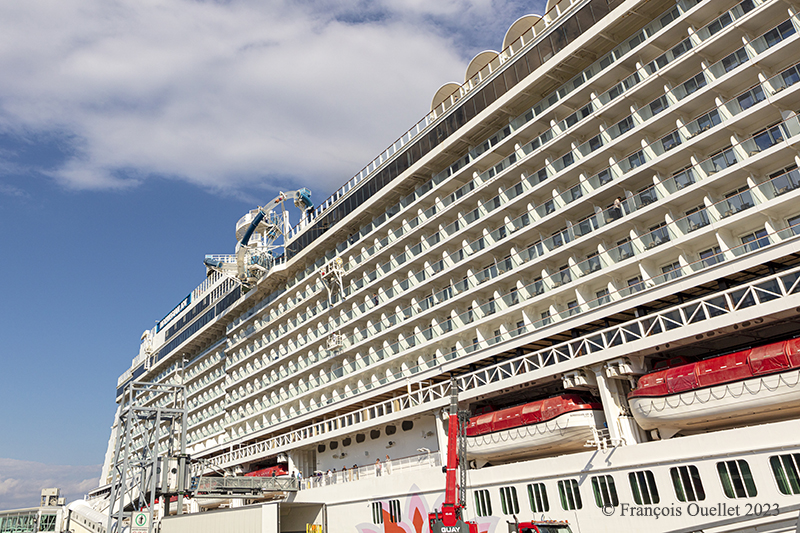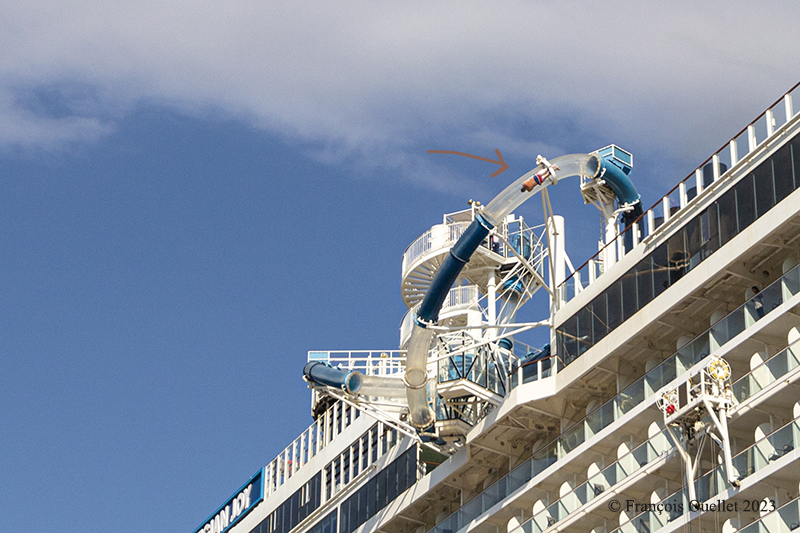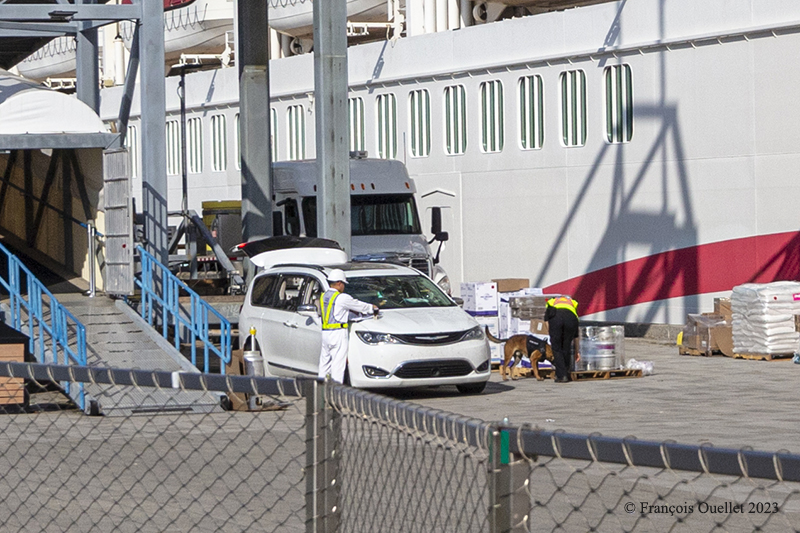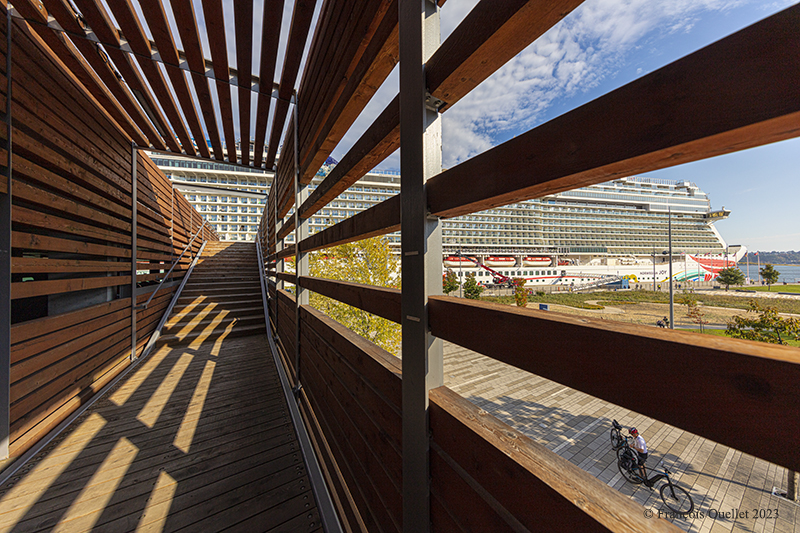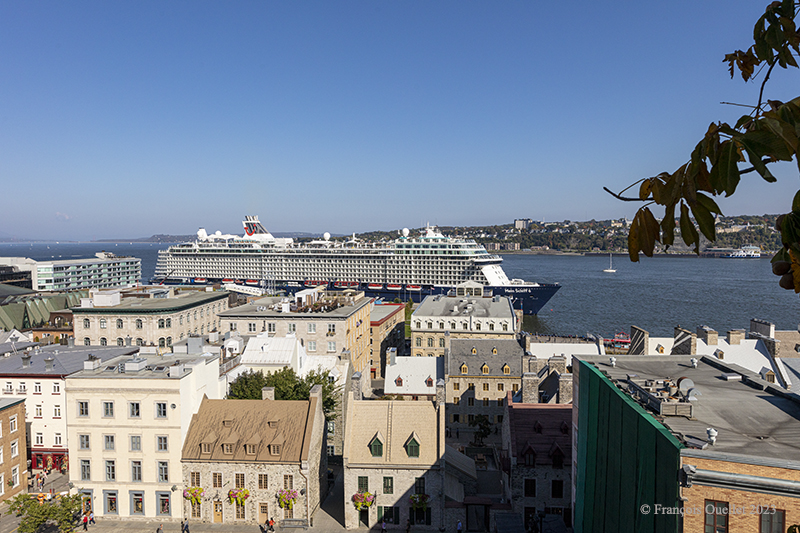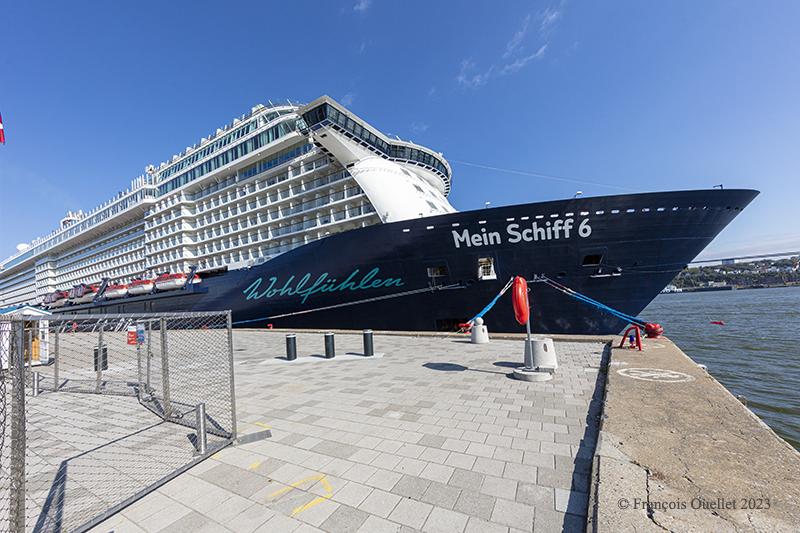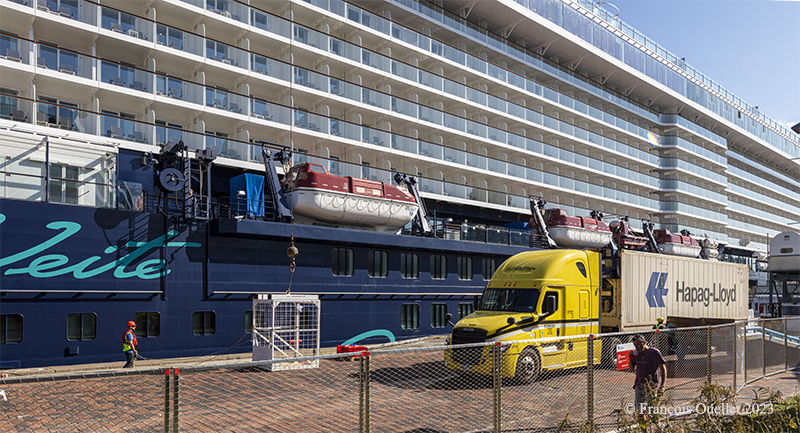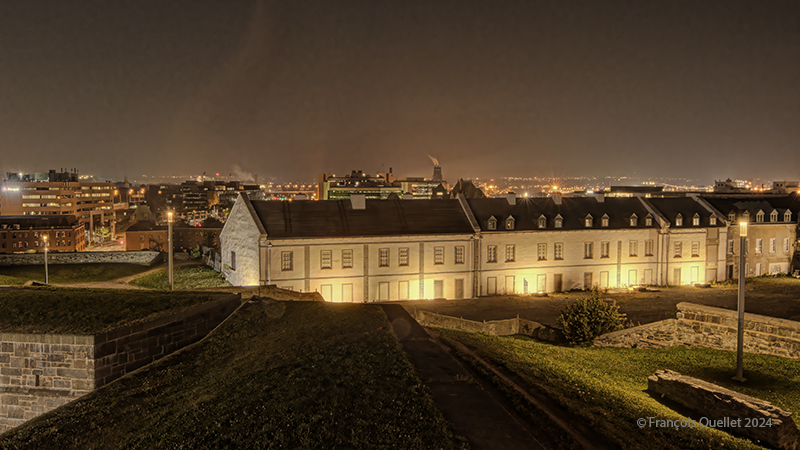
The HDR photo of the Dauphine Redoubt above comprises seven pictures with different apertures. The Photomatix software stacks them one on top of the other to create a single shot. This allows the darker regions to stand out, while controlling the lighter areas as much as possible.
For a successful effect, the following factors need to be taken into account: type of camera (ideally full frame), use of an appropriate wide-angle lens, focus, time of day, cloud types, tripod, extension cable, camera mirror vibrations, wind, visibility, photographic grain, depth of field, moving obstacles in front of the camera and photographic composition.
I use a Canon 5 DSr with a Canon EF 11–24 mm F/4L super-wide-angle lens. Focusing with the camera’s backlit screen improves accuracy. It is better to avoid nighttime and take advantage of the blue hour. The clouds don’t prevent the capture of a distant background, and allow the city lights to be reflected in the sky.
I opt for a sturdy tripod. Its extra weight cancels out minor jolts and supports fairly heavy photographic equipment. The extension cable prevents the photographer from touching the camera when taking seven photos.
For mirror-equipped cameras like the Canon 5 DSr, it is important to activate the mirror lock function. This means that vibrations caused by the mirror rotation will have two seconds to fade before the actual picture is taken. A light wind also reduces the chance of vibrations.
Moderate visibility allows better graduation of colours and reflections. Tonight, the mist plays its part well. By using a tripod, I greatly limit the photographic grain. ISO is therefore set at 200. Depth of field is not a problem, as the tripod will prevent movement caused by long exposure.
As many people visit the site in the evening, I try to take each of the seven photos between two crosswalks. This isn’t always possible, but Photomatix can remove “ghosts” when compiling the shots. There is, however, a limit to this function.
The final point concerns photographic composition. The photo above is divided into three roughly equal horizontal zones. Oblique lines on either side at the bottom of the photo direct the eye towards the centre of the image. The five lights of the Dauphine Redoubt and those of the city capture the attention. All the shots have visible details and are not lost in the darkness. For better balance, the composition ignores another imposing building at the right of the scene.
These are just some of the precautions taken when capturing the scene in HDR night photography.
Click on the link for more photos of Quebec City and Île d’Orléans in Autumn on my blog.
